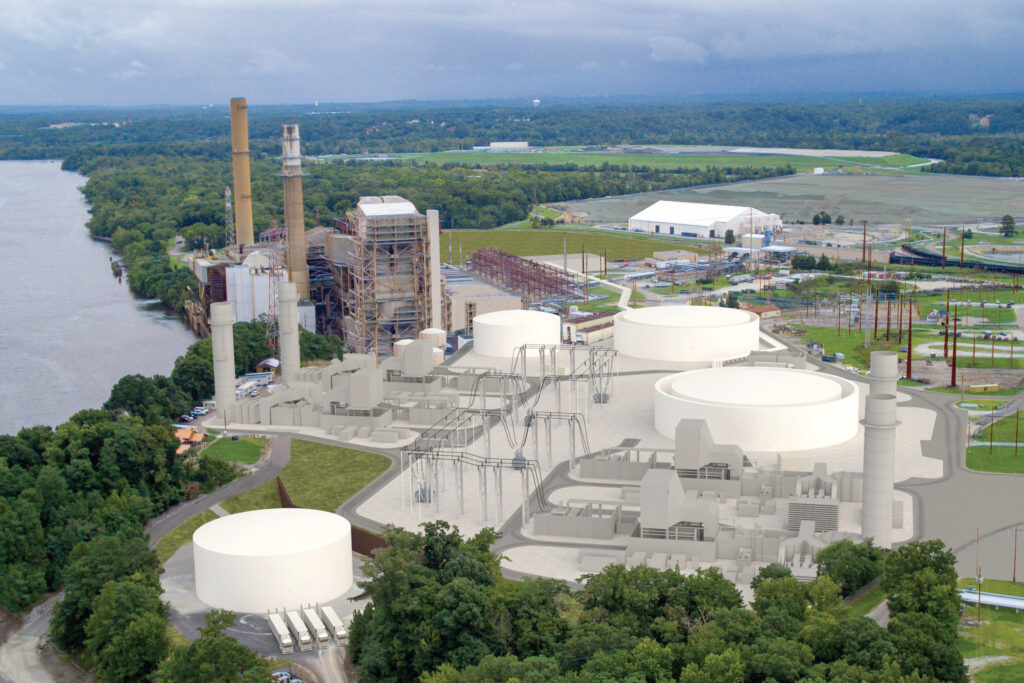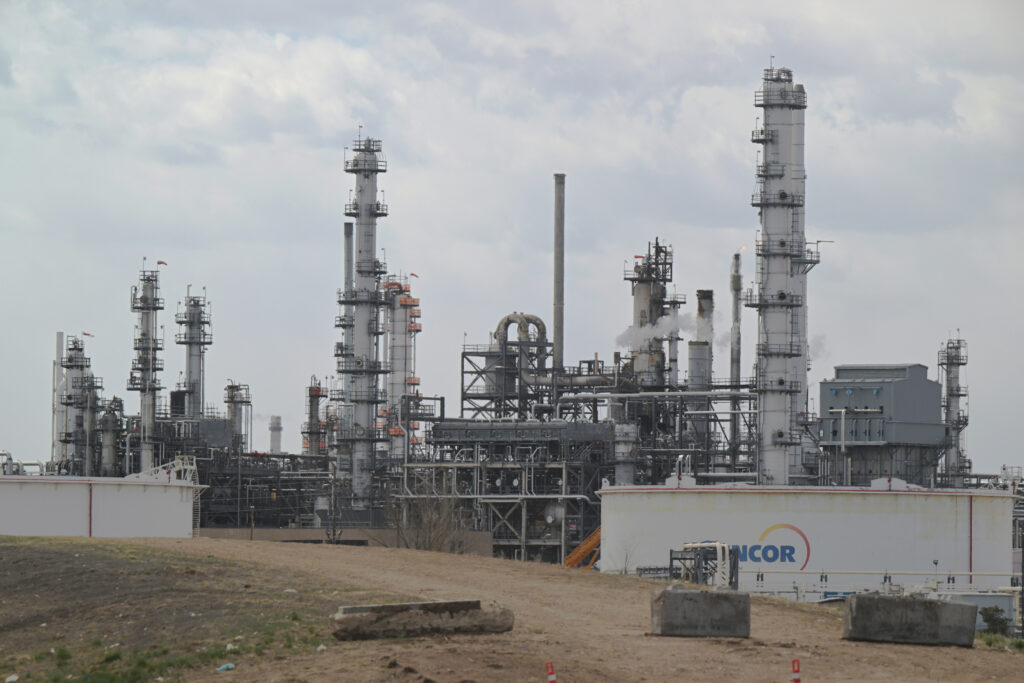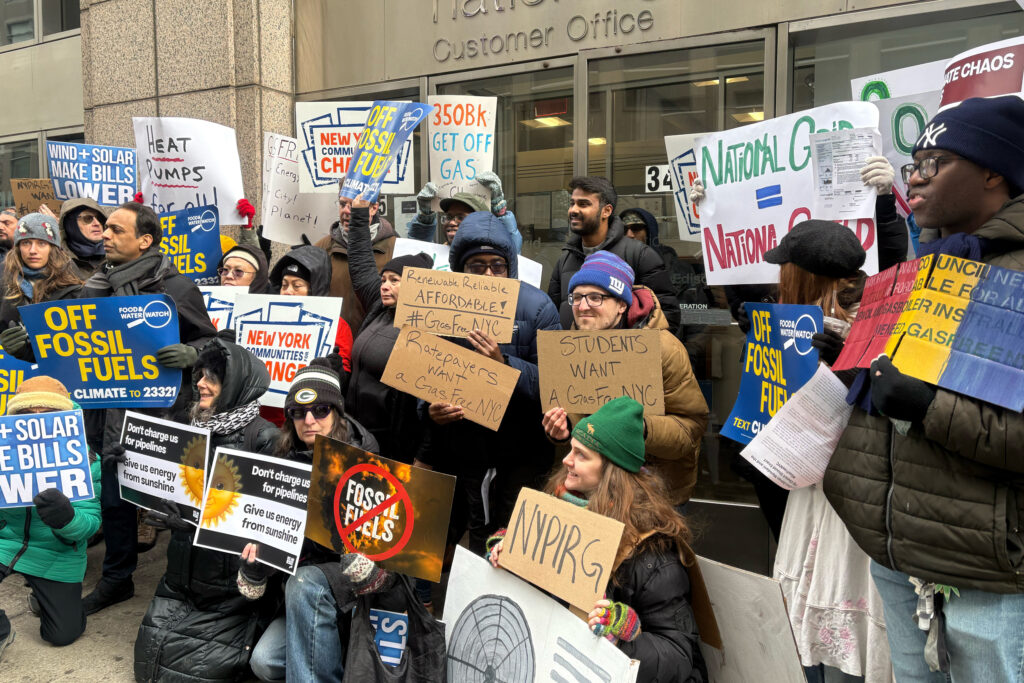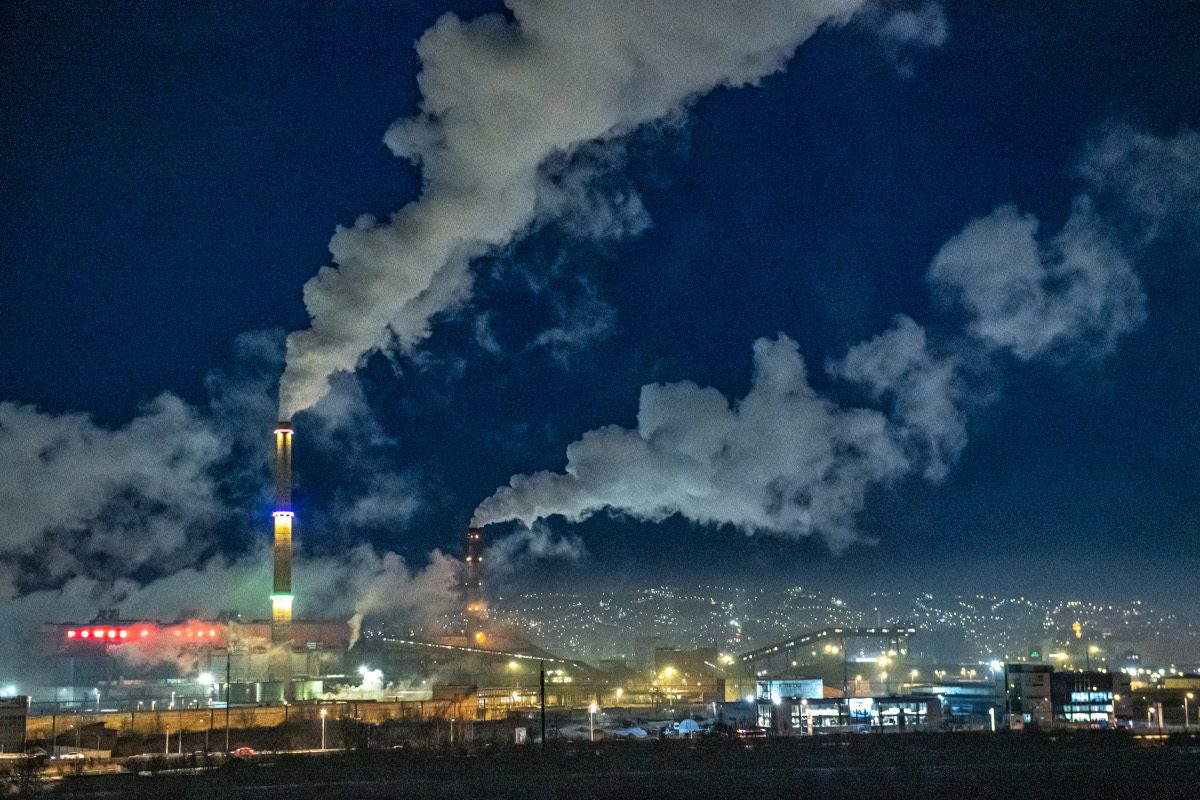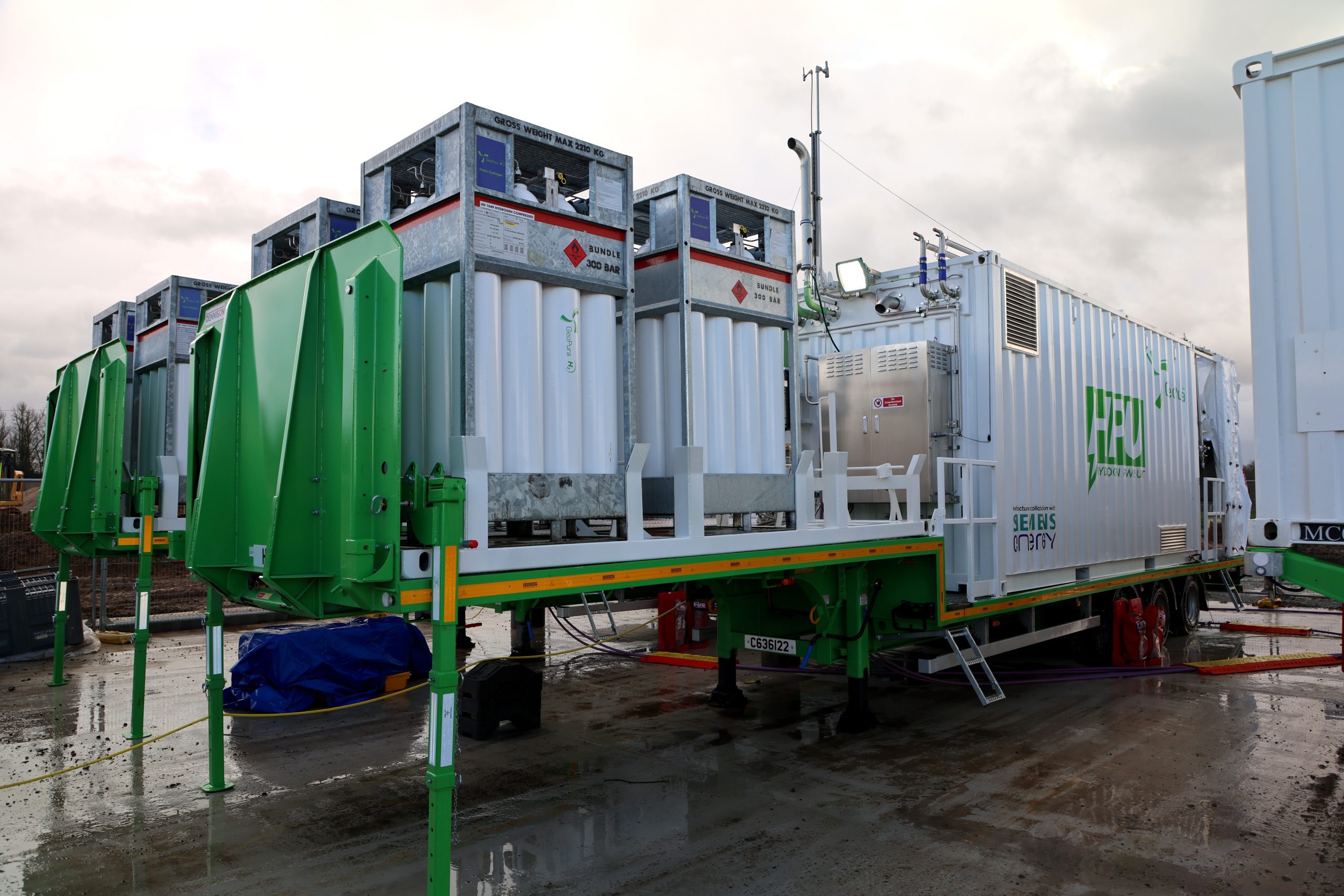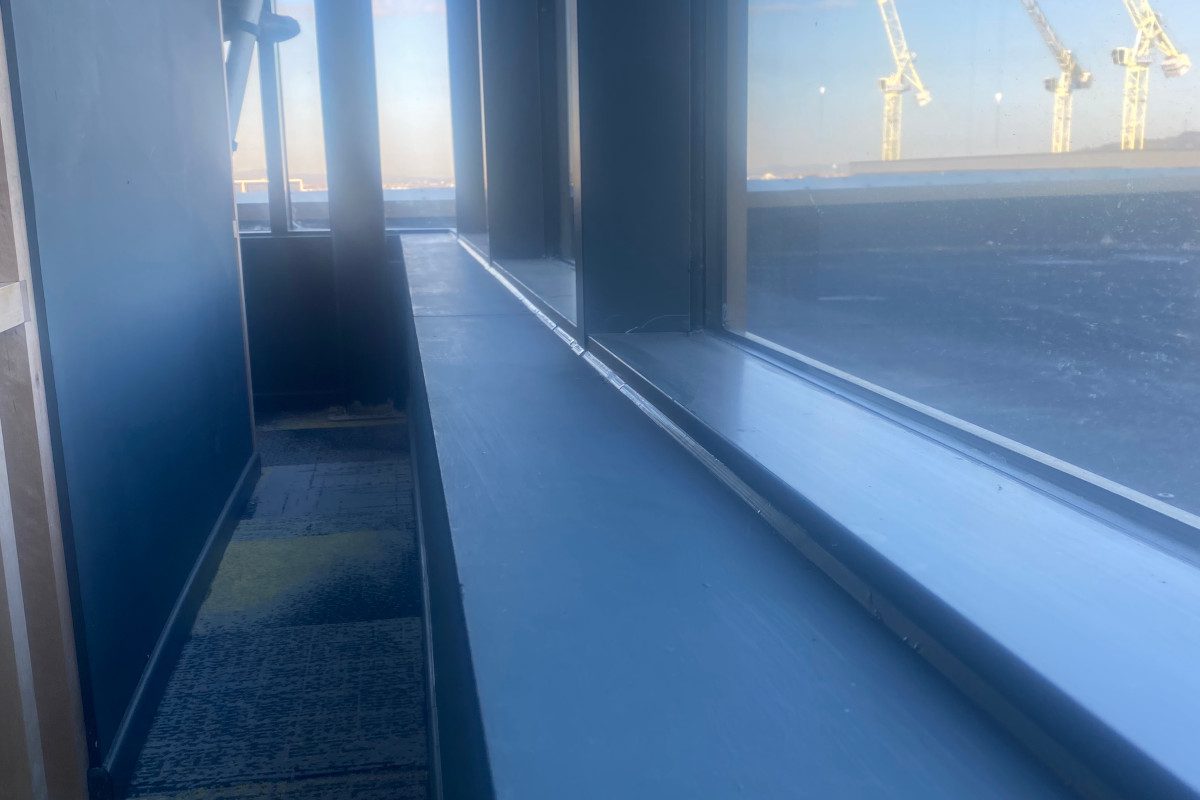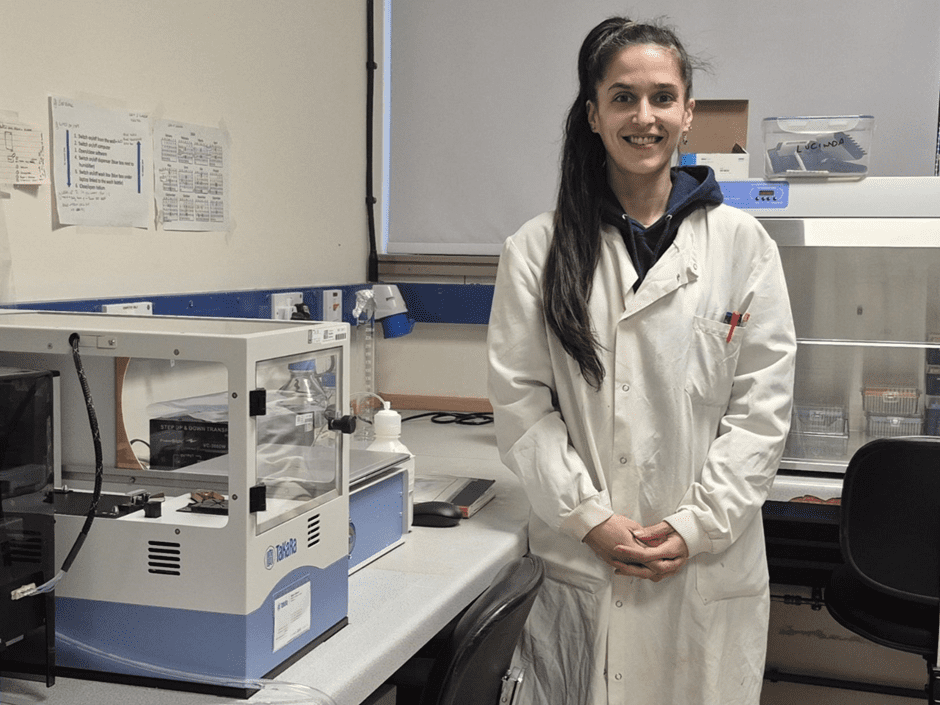More than three years after Gov. JB Pritzker signed into law a major climate change plan to usher in solar and wind energy and phase out polluting, planet-warming coal and natural gas, fossil fuels are making a comeback.
In Illinois and around the Midwest, coal and gas plants are extending their planned retirement dates even after a 2021 state law aimed to phase them out. Meanwhile, solar and wind projects are having a hard time getting up and running.
Electricity needed for data centers, particularly those dedicated to artificial intelligence, is creating enormous demand for power—even sources that are polluting the air and contributing to global warming.
In Illinois, renewable energy sources are supposed to fill the gaps as the dirty power from coal and gas would be eliminated once plants are closed. But the clean energy sources are not coming online fast enough because there is a delay in getting them connected to the electric grid.
We’re hiring!
Please take a look at the new openings in our newsroom.
See jobs
This spring, Illinois officials will examine their goals for clean power, which may affect ambitious targets to eliminate carbon dioxide emissions, the most common greenhouse gas that contributes to climate change.
The high demand for electricity and the inability of clean power to get connected is not just bad for electric customers facing bigger monthly bills, it’s inhibiting the battle to slow climate change and is harmful to human health.
“More coal equals more emissions equals more health problems and deaths,” said Brian Urbaszewski, director of environmental health programs at Respiratory Health Association in Chicago.
The state’s Climate and Equitable Jobs Act is aimed at reducing emissions of carbon dioxide. But lawmakers say they didn’t expect the explosive demand for energy across the country due to development of AI and other data centers.
“No one foresaw this demand from data centers,” said Illinois state Sen. Bill Cunningham, who represents the Southwest Side of Chicago and nearby suburbs and is a key lawmaker pushing forward climate and energy legislation.
Under the climate law, the state has a goal of renewable power delivering at least 40 percent of electricity sold in Illinois by 2030. The state isn’t even halfway to that goal.
The reason for the slow growth is the inability to connect renewable energy sources to the electric grid either because of transmission issues or approval from the multistate electric grid operator. In Northern Illinois, hundreds of clean energy projects are waiting to be connected to the grid.
“There are surely challenges on the horizon,” said Will Kenworthy, Midwest regulatory director at advocacy group Vote Solar. “I’m always an optimist, but I think it will require some deliberate policy to accelerate reliable generation” of clean power.
Battery storage will be important for optimizing renewables’ power production. Because solar farms don’t produce electricity at night, and since wind farms are not producing when the wind dies down, there has to be a way to store power using large battery operations.
“The default position shouldn’t be, ‘let the fossil fuel plants keep burning,’” Cunningham said.
Illinois lawmakers are going to address the problems in legislation expected to be introduced in the coming months.
Pritzker promises to fix the problem.
“Gov. Pritzker is committed to working with the General Assembly to increase the state’s clean power supply and reduce costs for working families,” Alex Gough, the governor’s press secretary, said.
While it may seem President Donald Trump would upend climate goals in Illinois because of his shutdown of federal climate programs, it’s actually market forces challenging Illinois. The fixes are within the state’s powers.
As renewable power developments struggle to get connected to the electric grid, Wall Street is betting on natural gas.

The recently announced deal by Constellation Energy—owner of all six Illinois nuclear plants—to buy natural gas company Calpine left no doubt that gas and coal as power sources aren’t exiting anytime soon.
“Natural gas capacity will support the electric system for decades,” Constellation boasted in its presentation to investors, who cheered the acquisition.
There were other signals about the comeback of fossil fuels noted before the Constellation deal was announced.
In December, Vistra, the owner of three coal plants in Illinois, said it will keep one of those operations running two more years because of surging power demand. The Baldwin coal plant in Southern Illinois was scheduled to shut down this year but will stay open until at least 2027, according to Texas-based Vistra.
In September, the private equity owner of a sizable natural gas plant in Elgin reversed plans to close that facility by June. The company, Chicago-based Middle River Power, had announced the closure just months earlier.
Private equity—investment firms that look for struggling businesses they can snap up and later sell—have become a big player in fossil fuel energy, according to research from nonprofit Private Equity Stakeholder Project.
Surrounding states are seeing similar trends. In Indiana, a large coal plant may extend its life in the midst of rising demand for power. The Gibson plant, the second-largest coal operation in the U.S., is just across the Wabash River from Mount Carmel in Southern Illinois.
The fossil fuel plant owners are delaying their retirement dates as renewables have been slow to connect to the electric grids, saying they fear a potential supply shortfall.
This trend is occurring even as electric customers in Chicago’s suburbs are questioning the environmental impacts from their sources of power.
In Naperville, St. Charles and Winnetka, residents are pushing back on plans for their municipal utilities to continue to buy power from a cooperative known as Illinois Municipal Electric Agency. The cooperative provides power that it purchases from a large coal plant in southern Illinois known as Prairie State as well as a coal plant in Kentucky. The cooperative also co-owns those coal plants.
The power keeping the lights on in Naperville and the other two communities is 80 percent sourced from coal.


This has led to movements in all three suburbs to end ties with Illinois Municipal Electric in five years.
“This is our future,” said Libby Gardner, a senior at North Central College in Naperville.
Gardner, 21, is a member of the Say No to Coal coalition as well as a student organization focused on climate and environmental issues.
In a statement, Illinois Municipal Electric said it is looking to change its mix of power sources, including adding renewable energy in coming years. At this time, it’s trying to get communities, including the three suburbs, to recommit for 20 years.
“Traditionally renewable energy commitments are secured for 20 years in order to get the lowest cost pricing,” spokesperson Staci Wilson said.
A spokesperson for Prairie State, an hour southeast of St. Louis, said plant owners are looking at ways to reduce carbon emissions, “serving as a bridge to a cleaner energy future.”
This story was originally published by the Chicago Sun-Times.
About This Story
Perhaps you noticed: This story, like all the news we publish, is free to read. That’s because Inside Climate News is a 501c3 nonprofit organization. We do not charge a subscription fee, lock our news behind a paywall, or clutter our website with ads. We make our news on climate and the environment freely available to you and anyone who wants it.
That’s not all. We also share our news for free with scores of other media organizations around the country. Many of them can’t afford to do environmental journalism of their own. We’ve built bureaus from coast to coast to report local stories, collaborate with local newsrooms and co-publish articles so that this vital work is shared as widely as possible.
Two of us launched ICN in 2007. Six years later we earned a Pulitzer Prize for National Reporting, and now we run the oldest and largest dedicated climate newsroom in the nation. We tell the story in all its complexity. We hold polluters accountable. We expose environmental injustice. We debunk misinformation. We scrutinize solutions and inspire action.
Donations from readers like you fund every aspect of what we do. If you don’t already, will you support our ongoing work, our reporting on the biggest crisis facing our planet, and help us reach even more readers in more places?
Please take a moment to make a tax-deductible donation. Every one of them makes a difference.
Thank you,



